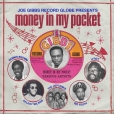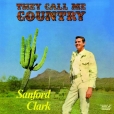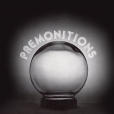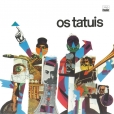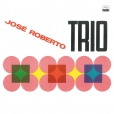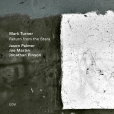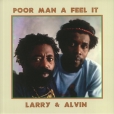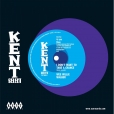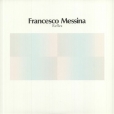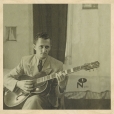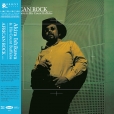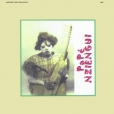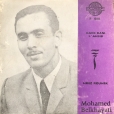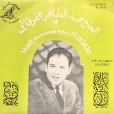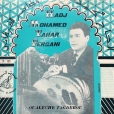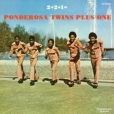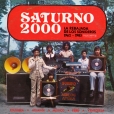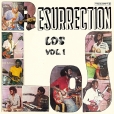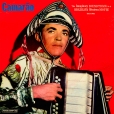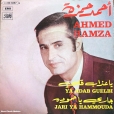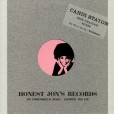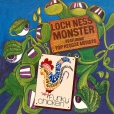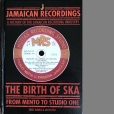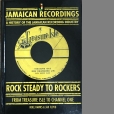Your basket is empty

José Roberto Bertrami from Azymuth (and Tatuí, a small city in the Brazilian state of São Paulo) — not to mention his work for Elis Regina, George Duke, Sarah Vaughn, Jorge Ben, Eddie Palmieri, Milton Nascimento, Flora Purim, and Erasmo Carlos, among countless others — playing piano alongside his bro Claudio on double bass, a horn section, and an organist. With compositions by Antonio Carlos Jobim, Roberto Menescal, Carlos Lyra, Durval Ferreira, and Adilson Godoy, the album also features Bertrami’s own A Bossa Do Zé Roberto, mesmerising bossa jazz which ensconces him amongst the bossa greats, even at the age of nineteen.
A year after Os Tatuís, José Bertrami returned to the studio, this time stripping back to a trio. Again featuring Claudio Henrique Bertrami on double bass, and with Jovito Coluna on drums, the José Roberto Trio recorded their one and only album in 1966, featuring compositions by Baden Powell, Manfredo Fest, and Marcos Valle. The LP also featured three of Betrami’s own compositions: the wistful Lilos Watts, the groovy Kebar, and the dazzling Talhuama.
Another jewel from the golden age of the Brazilian bossa jazz trio — Bossa Três, Milton Banana Trio, Tenório Jr,, Bertrami’s own Bossa Jazz Trio — ushered in by the Tamba Trio, and nourished along the way by jazz greats from Nat King Cole to Bill Evans,
Larry Marshall and Alvin Leslie, backed by The Revolutionaries and blazing horns, produced by Alvin Ranglin.
Accomplished late-seventies reggae, never properly released till now; shot through with Marshall’s moody intensity and craftsmanship.
Outstanding Goldwax soul, unreleased at the time.
A once-bitten-twice-shy wailer, backed with some rocking Northern.
In 1979, just after the release of Prati Bagnati Del Monte Analogo, Messina was asked to perform at the Teatro Quartiere in Milan.
‘Due to the limited availability of key technical features, ’ he recalls, ‘it would have been too complicated to perform Prati Bagnati, and therefore I opted for these three pieces instead. We had never actually tried them all together, so I thought about renting a recording studio the previous afternoon. In that way, we could rehearse in a suitable place and use the opportunity to record the music on tape.’
The music has an unadorned, almost improvisational feel, skewered by passages of arpeggiated, meditative piano. Its chords layered and unfurled in real time via a reel-to-reel tape machine, the track Reflex recalls Steve Reich’s mesmeric phase-shifting works of the 1960s.
Funky, psychedelic, spiritual jazz with deep percussion, including marimba, from 1971; tuned into electric Miles but also Kool & the Gang, and keeping an eye on Tony Williams’ Lifetime.
The meditative opener is lovely. Heathens liken Animals to Fela.
Remastered from the original tapes.
Stunningly modernised Tsogho ritual music from the interior forest of Gabon.
Beaten rattles, synths, Bwiti harp, male-female dialogical singing.
Released in 1989, to the intense consternation of purists; never before available outside Gabon.
Game-changing, and as authentic as it gets; warmly recommended.
A few marks; nothing grievous.
‘Two sets of identical teenage twins, Alfred and Alvin Pelham, and Keith and Kirk Gardner, along with Ricky Spicer. The group released a couple of singles and this lone album for Cleveland’s Saru label in 1971, breaking up and disbanding as adolescence waned. A recent sample darling of both Kanye West and Tyler The Creator, Bound has revealed the Ponderosa Twins Plus One as the real Midwest kid soul deal.
‘Freshly remastered from the original analogue tapes, adding two previously unissued bonus tracks; in a replica tip on sleeve.’
Classic soul sides rewound as state-of-the-art dance music: brilliant, epic house; hard-funk breakbeat.
